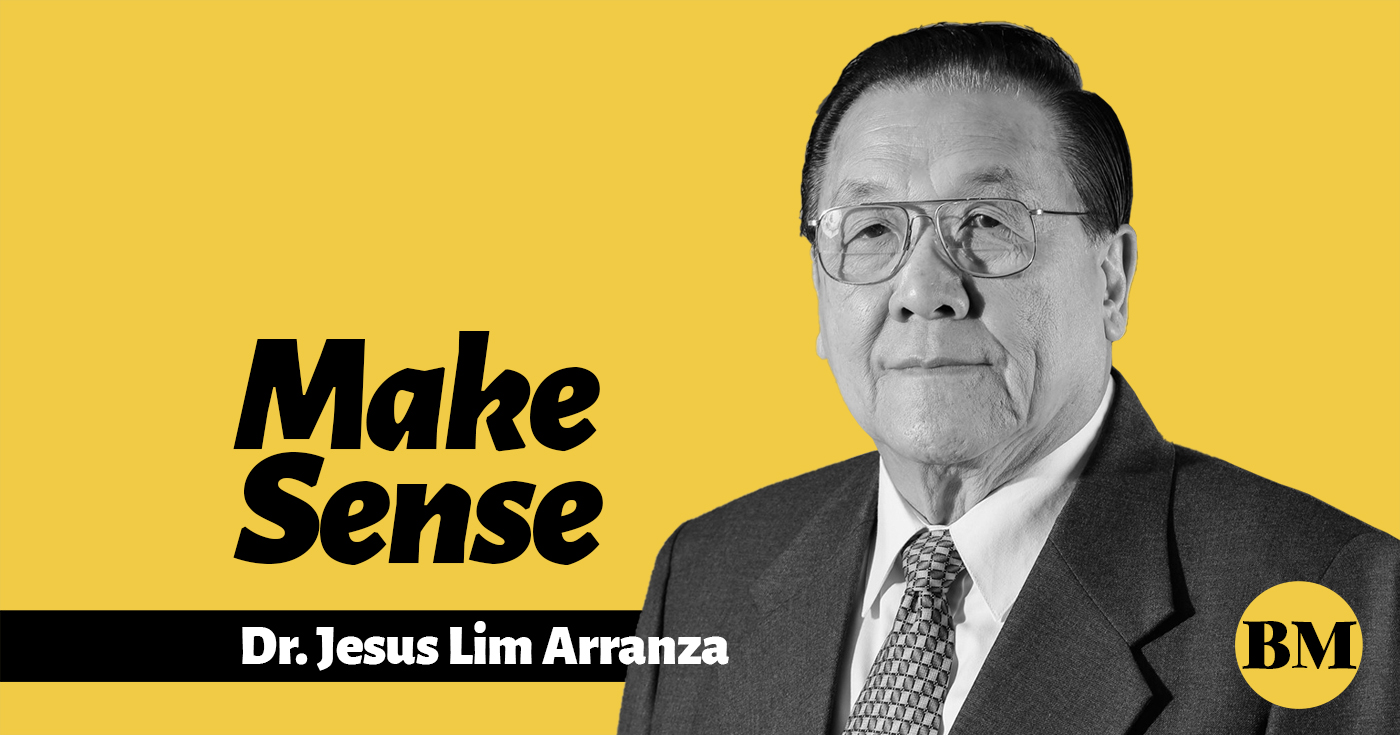
Mr. President, your excellencies, colleagues:
We thank President Silvia Fernández de Gurmendi for her comprehensive report. As a real democracy, and a multiethnic Christian majority and Muslim minority society which cherishes diversity in all aspects—in the spirit of religious and political tolerance which has marked both religions at their best—and whose core values are American, the Philippines once again reaffirms its commitment to justice and to fighting intolerance and impunity, ensuring that perpetrators account for their crimes. The Philippines remains strongly committed to upholding the rule of law and human rights.
The legacy of Nuremburg is that individuals can be made accountable even if their acts were not statutory crimes, and governments tolerated them or even sanctioned them. “Crimes against international law are committed by men, not by abstract entities, and only by punishing individuals who commit such crimes can the provisions of international law be enforced.” A reaffirmation of man’s free will for good and evil.
Without Nuremburg, we have little hope and commitment of saving ourselves and our children from the scourge of war, which twice in our founding fathers’ and mothers’ lifetimes brought untold sorrow to all humanity. Without Nuremberg, justice could not have coped with the limitless ingenuity of evil men in perpetrating acts that defied the imagination of lawmakers until they saw with horror those acts done from the Rape of Nanking to Auschwitz, from the killing fields of Biafra and Cambodia to Bosnia and Rwanda, from the blood bath that created Bangladesh to the torture centers of the Caliphate.
People, individually, then collectively, make justice work. In the same way, they commit injustices on a vast scale. There have been many heroes—from Nuremburg to the creation of the International Criminal Court, the adoption of the Rome Statute in 1998, and the
election of its first bench of judges in 2003. These heroes—too many to name but not enough to have prevented the outrages they prosecuted and judged—range from lawyers and civil society advocates, to witnesses and the victims.
Mr. President, no one is above the law. The Philippines joins previous speakers in upholding and defending the Rome Statute. To be sure, despite the creation of the Court, one thing has not changed—the collective work of delivering international justice remains a vocation that is difficult, thankless and even dangerous.
Challenges remain. One is universality. The Philippines joins the call for many more countries to ratify or accede to the Rome Statute. Yet, whether or not we are States Parties, we should all protect human rights and build domestic capacities to enforce them and punish their violation.
The Philippines again calls on the Security Council P5 to refrain from using their veto in situations patently involving mass atrocity crimes, and to take the necessary follow-up
measures in situations referred to the Court so as to uphold the credibility of both institutions.
In the same spirit of genuine understanding, and ahead of the 16th Assembly of States Parties in December, the Philippines also supports full and candid dialogue and consultations to address allegations of inequality and unfairness in the work of the Court. Judges are only human, as the High Commissioner on Human Rights so eloquently put it. Nonetheless, the work these judges do far, far outweighs the flaws of individuals that discredit the Court’s noble mission: to wit, justice where none would otherwise be possible; the protection of the weak that none of the strong will protect; and the vindication of their rights which have been trampled.
In this context, let me briefly refer to the Philippine campaign against illegal drugs, which pose an existential threat to our country. We were advised to tolerate a worsening drug situation; urged to live with the threat it poses by avoiding strong measures to defeat it; and to legalize drugs so as to make addiction a benign condition. But legalizing such a crime does not make it less so.
We refuse to do that.
We cannot live with what will not let our people live in peace and well-being, in freedom and national security. Ever in the mind of every country in Asia is the subjugation of a great empire (China) by two others (United Kingdom and Imperial Japan) flooding it with opium.
We remain resolute in combatting the proliferation of drugs and the prevalence of drug addiction in our country. A whole-of-nation approach is needed to solve this problem. And vigorous law enforcement is definitely part of it. As many of you now know, and the UN alerted us, there is an intimate and indisputable relationship between terrorism and the illegal drug trade. The siege of Marawi and what was found there proves it conclusively.
Let me repeat basic principles. The Philippines is committed to upholding the rule of law and respecting human rights in the fight against illegal drugs. We do not condone killings.
It is tragic that many deaths resulted outside of lawful police operations. They are being investigated and prosecuted in the Philippines’s criminal justice system, as many of them were found to be rubouts committed by unknown groups perhaps taking advantage of the
government’s campaign.
Accountability in the campaign is of overriding concern to the President; he has ordered the internal cleansing of the entire police organization, relieved a major command, and taken the campaign away from the national police to a specialized drug-enforcement agency with a long record of cooperation with its counterparts in the United States and Europe. Government critics now object that the agency is too small to cope with the drug problem. It is either too much or too little. You cannot please everybody.
As a State Party to the Rome Statute, the Philippines will cooperate to provide true information, and has invited the United Nation to do so, with the exception of politicized individuals with a personal stake in proving themselves right regardless.
Mr. President, the Court is a court of last resort. The Philippines has a responsibility and a right itself to prosecute crimes under the Rome Statute. We have a functioning criminal justice system able to prosecute these crimes. In the spirt of the laws, let us both show that complementarity works, and that biased intervention even if merely vocal is not necessary.
Thank you for your attention.



























